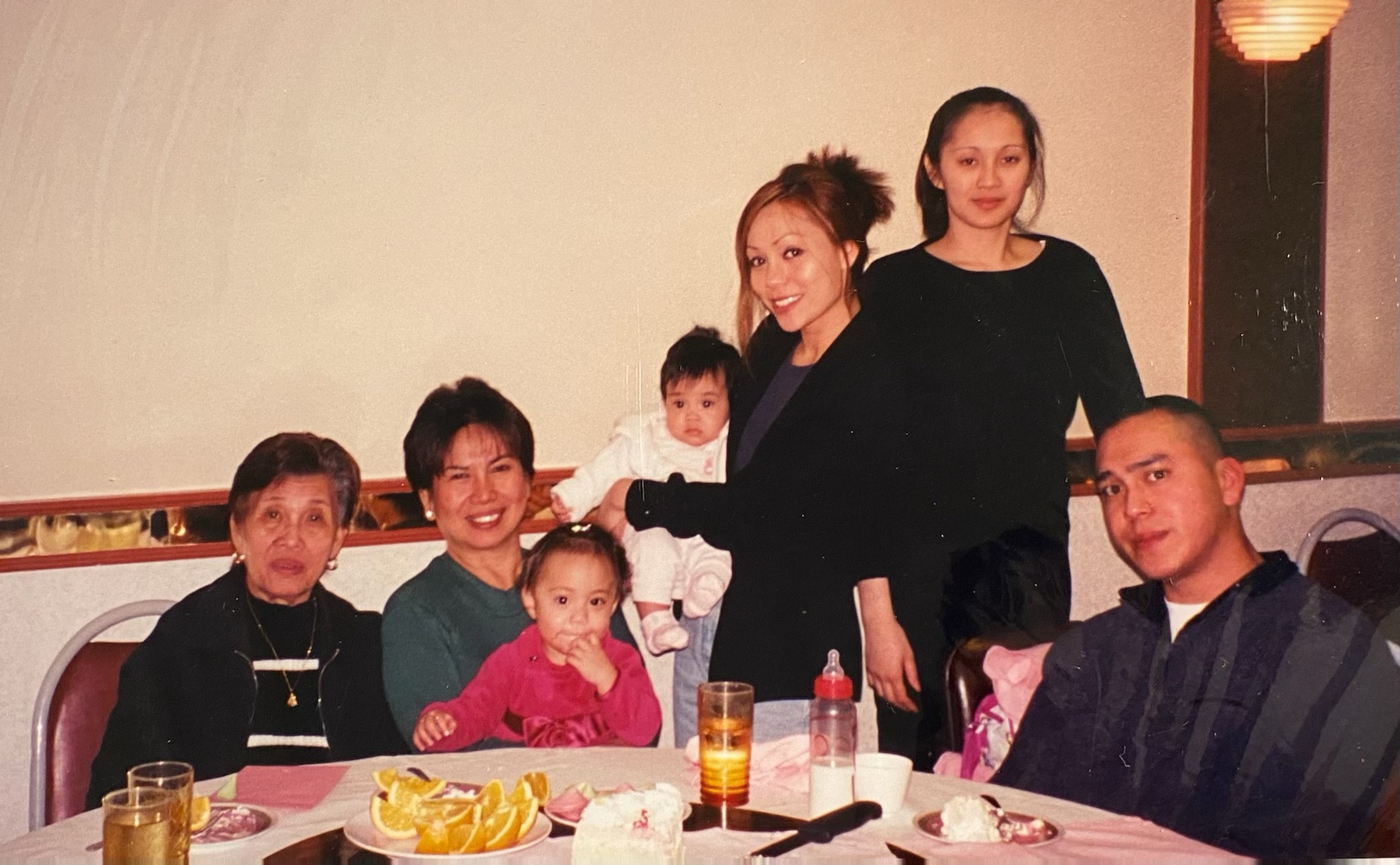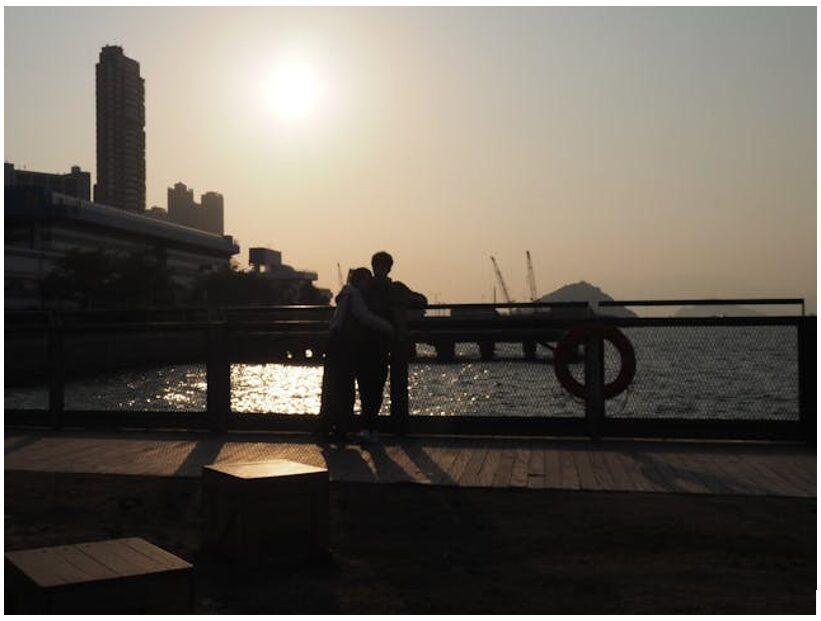
by Michael Milan
I was born in Los Angeles to immigrant parents from the Philippines. My father served in the U.S. Navy and my mother was a registered nurse who traveled across the country and finally landed in California.
After my parents divorced, my sister and I stayed with our mother who raised us as a single parent while she continued to work at the hospital. My mother worked hard to provide for me so I could have a good education and be an upstanding citizen in this community.
As a U.S. citizen, my mother petitioned her sister to come to the United States a few years after I was born. After 11 years, my family received confirmation that the petition was received. We were told that we could now submit the visa application for my aunt. We had to wait 11 years for confirmation of receipt from INS – the wait period was excruciating, but we were still hopeful.
The INS document stated: “This completes all INS action on this petition” and at that point, we were approved to apply for a visa. We immediately applied for a visa in 1997, we knew it was going to take some time to get a response back. We did not receive further notice until 2019, 22 years after we applied for a visa.
Some try to equate the immigration backlog to a line at a grocery store, or the post office.
But have you ever waited 33 years for a government document? A few of us have.
My aunt was corresponding with the U.S. Embassy in Manila and was given a notice that stated in part that my mother was required to provide a birth certificate from the Philippines. However, my mother was born in 1941, during the Japanese occupation of the Philippines and did not have a birth certificate. She had to find two witnesses from her hometown, who knew my grandparents and could provide a signed affidavit acknowledging my mother’s birth. It took a while to make this happen, but with a 33-year wait – we had to do everything we were asked.
It wasn’t until November of 2020, after nearly 35 years of waiting and stuck in the backlog, we received notice that my aunt’s visa application was denied and that she was not eligible. She did everything that was asked of her yet, she was forced to be separated from our family for 35 years and was denied.
We searched for the attorney who helped my mom file the paperwork 35 years ago, but he has since passed away. These documents were filed before I was even born and now I have witnessed firsthand the injustices of the separation of families and the extreme backlog to reunite families and process immigration paperwork.
I joined the Value Our Families campaign to fight for reform in the family immigration system, and as someone who has witnessed the limitations of this program, I fight for other families who are working to reunite. My family wants to share our immigration story to raise awareness about problems caused by our country’s seriously flawed immigration system, in the hopes of helping to pass important legislation intended to address these very fixable problems.
I have met with governmental officials such as Congressmembers Norma Torres, Pete Aguilar and Ken Calvert, and back then, Senator Kamala Harris to ask for their support in the passage of the Reuniting Families Act. I will continue to advocate for immigrant rights and the reunification of families.
* * *
The opinions, beliefs and viewpoints expressed by the author do not necessarily reflect the opinions, beliefs and viewpoints of the Asian Journal, its management, editorial board and staff.
* * *
Michael Milan is a U.S. citizen and the son of Filipino immigrants.







